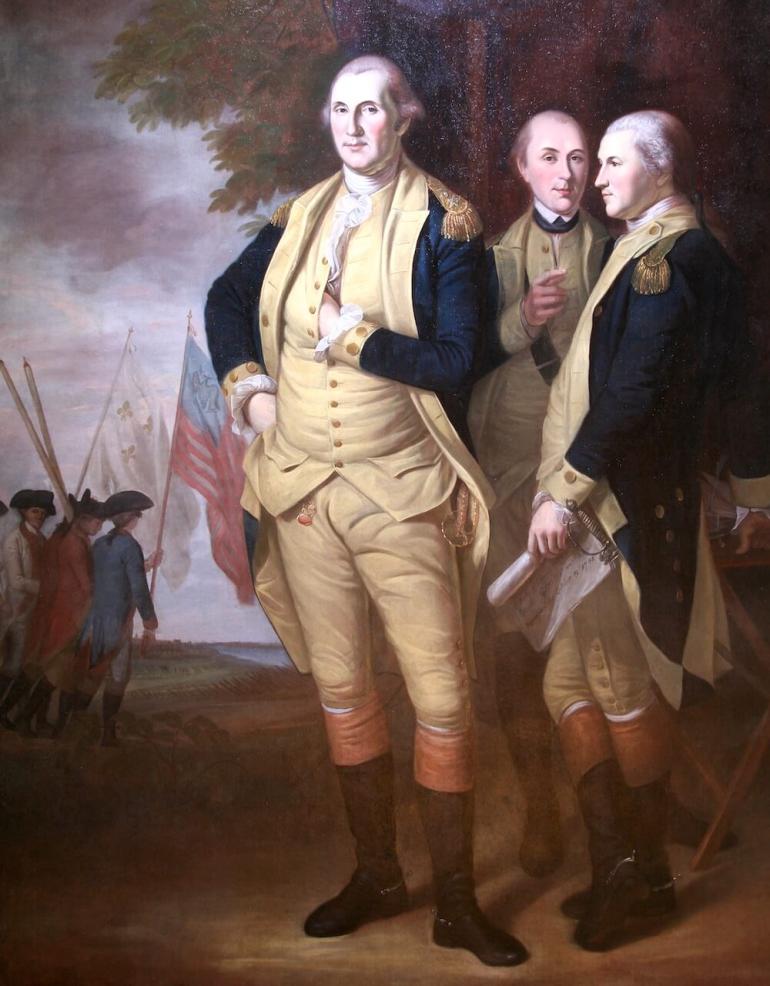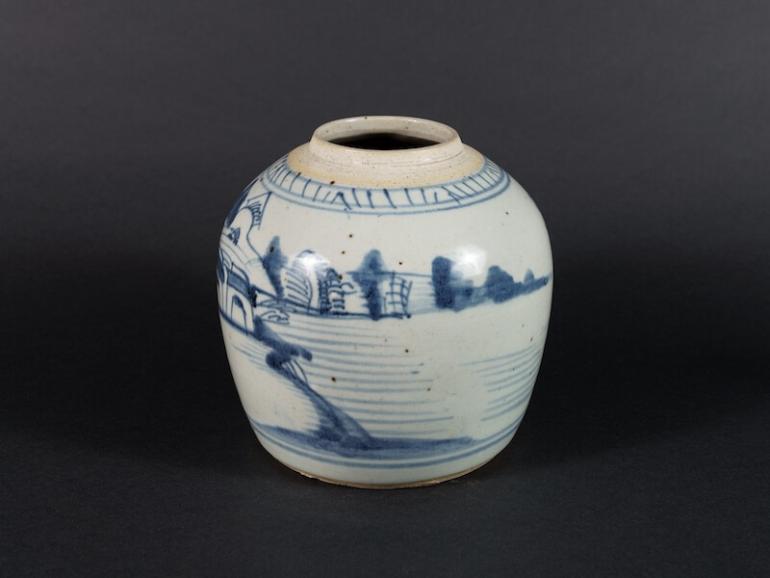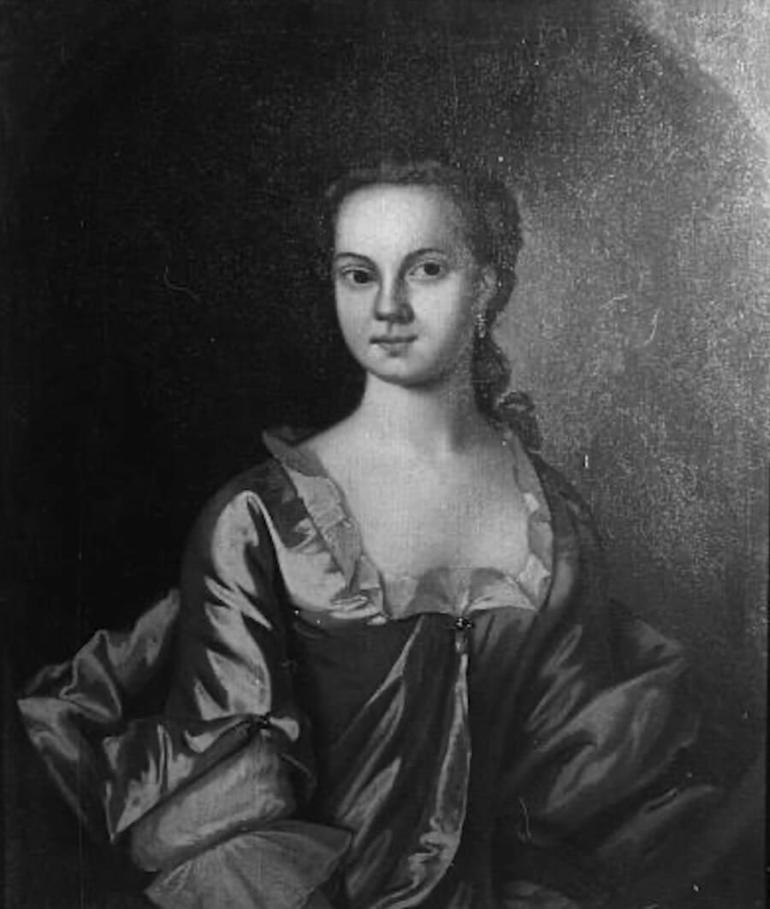The eldest of either 10 or 12 children born to James Tilghman and Anne Francis, Tench arrived on Christmas Day at Faulsey Plantation in Talbot County. At age 14, he went to live with his grandfather Tench Francis to get a "proper education" at the College of Philadelphia, which later became the University of Pennsylvania. He remained in that city to start a trading business with an uncle, exporting tobacco and wheat and importing European goods.
As Revolutionary fervor heightened, he closed his business to support his fledgling country. His first assignment was to secure treaties with the Six Nations and other Native American tribes to ensure their neutrality in a war against Britain. He then volunteered for a Philadelphia infantry unit that got folded into the Continental Army. There he came in contact with General Washington and volunteered to serve as an aide-de-camp. The fact that Washington knew and corresponded with Tench’s father may have paved the way for his appointment. But Tench’s fluent French, excellent correspondence, and eagerness to do whatever was required of him earned him Washington’s deep devotion. Tench became the general’s longest serving aide-de-camp, attending him from 1776 to 1783. Tench did not receive pay for his work until 1781 when Washington finally procured a regular commission for him.
"He has been a zealous servant and slave of the public, and a faithful assistant to me for nearly five years, a great part of which time he refused to receive pay."
George Washington
When the British army was defeated at Yorktown in Sept. 1781, Washington chose Tilghman for the crucial task of informing the Continental Congress in Philadelphia. The effort took four frantic days of travel by boat and horseback. During the preparations for peace negotiations that followed, Tilghman was granted an extended leave to recover from what might have been malaria and court his first cousin, 28-year-old Anna Maria Tilghman. Unfortunately, the death of Charles Carroll, Barrister, who was married to Anna Maria’s older sister Margaret, postponed their wedding until June 1783. They settled in a house on Lombard Street in Baltimore where they had two daughters. Tilghman started a new trading business with Robert Morris of Philadelphia, exporting tobacco and wheat to Spain. However, Tilghman never truly recovered from his war time illnesses and died of liver complications at age 42.
Anna Maria Tilghman (1755–1843)
She was born the youngest of five children to Mathew Tilghman and Anne Lloyd. At 28 she married her first cousin, 39-year-old Tench Tilghman. Their wedding had to be postponed for a few months to mourn the death of Charles Carroll, Barrister, the husband of her older sister, Margaret Tilghman Carroll. Anna Maria’s marriage was brief as her husband never recovered from his wartime illnesses and died of liver complications after only three years. Their second child, another daughter, was born after Tench's death. Anna Maria moved to the Eastern shore and lived an additional 57 years as a widow.




